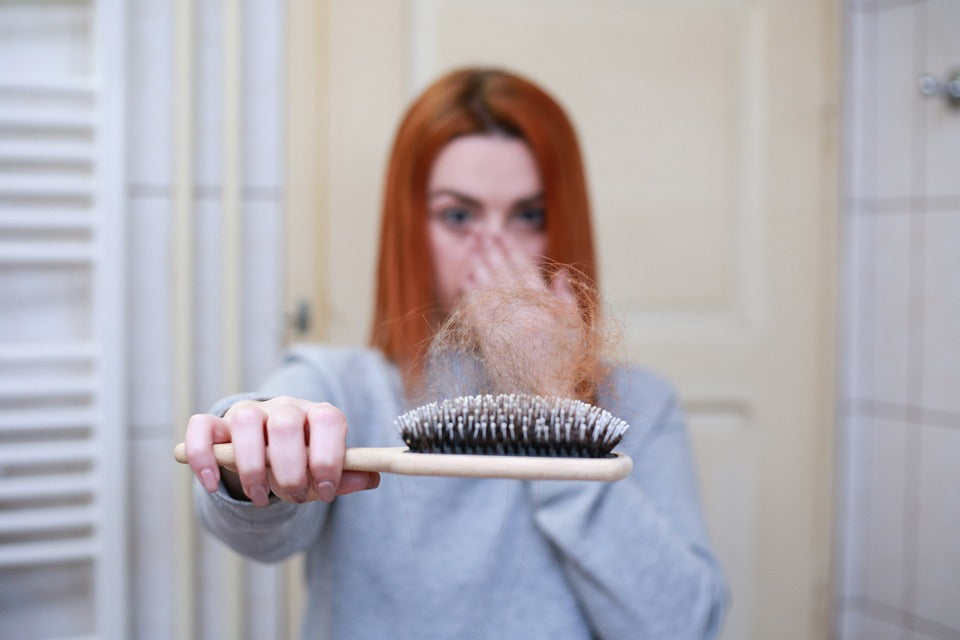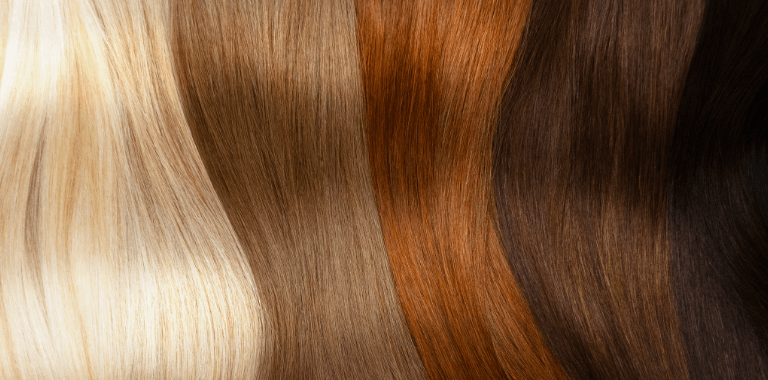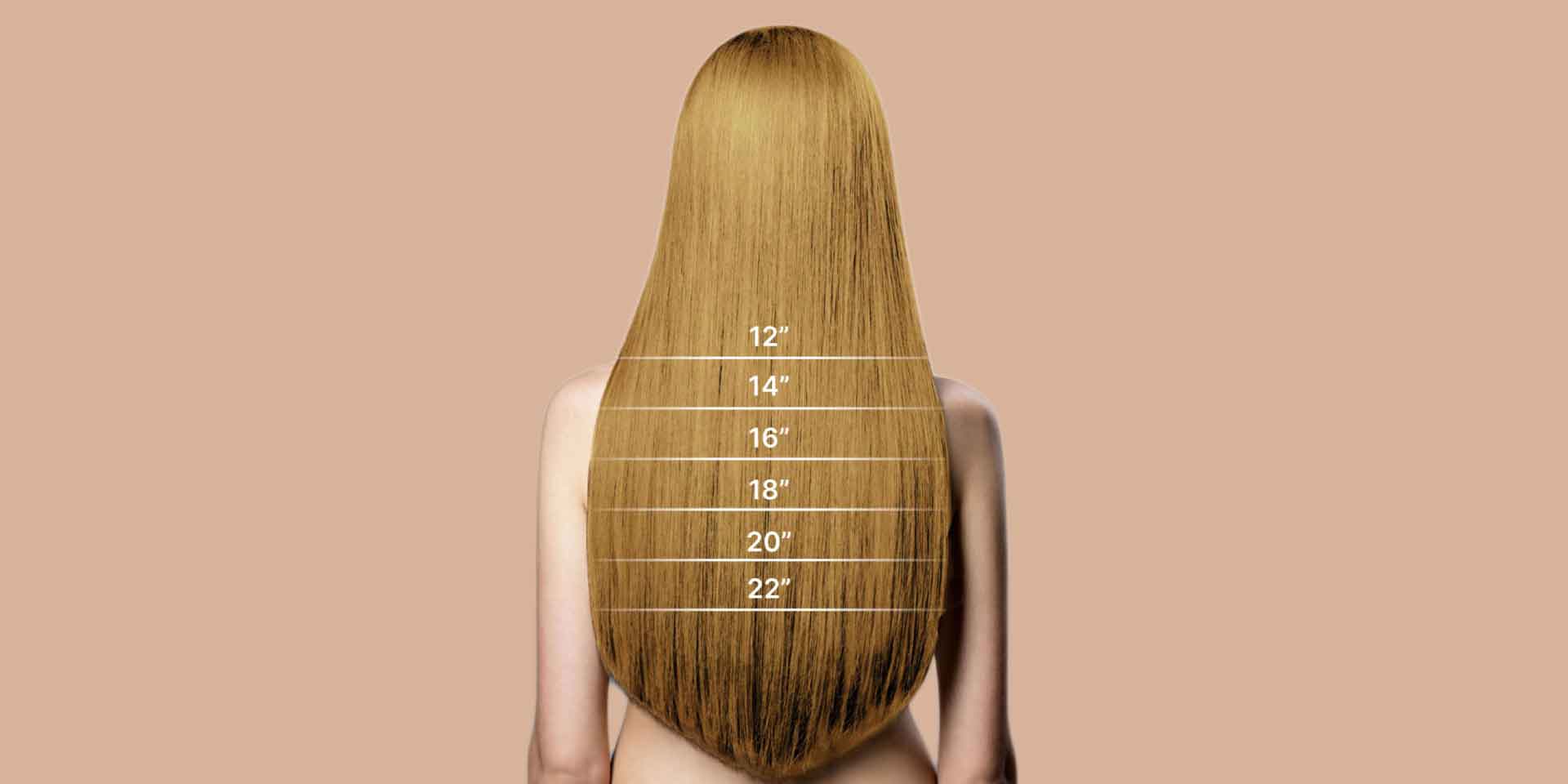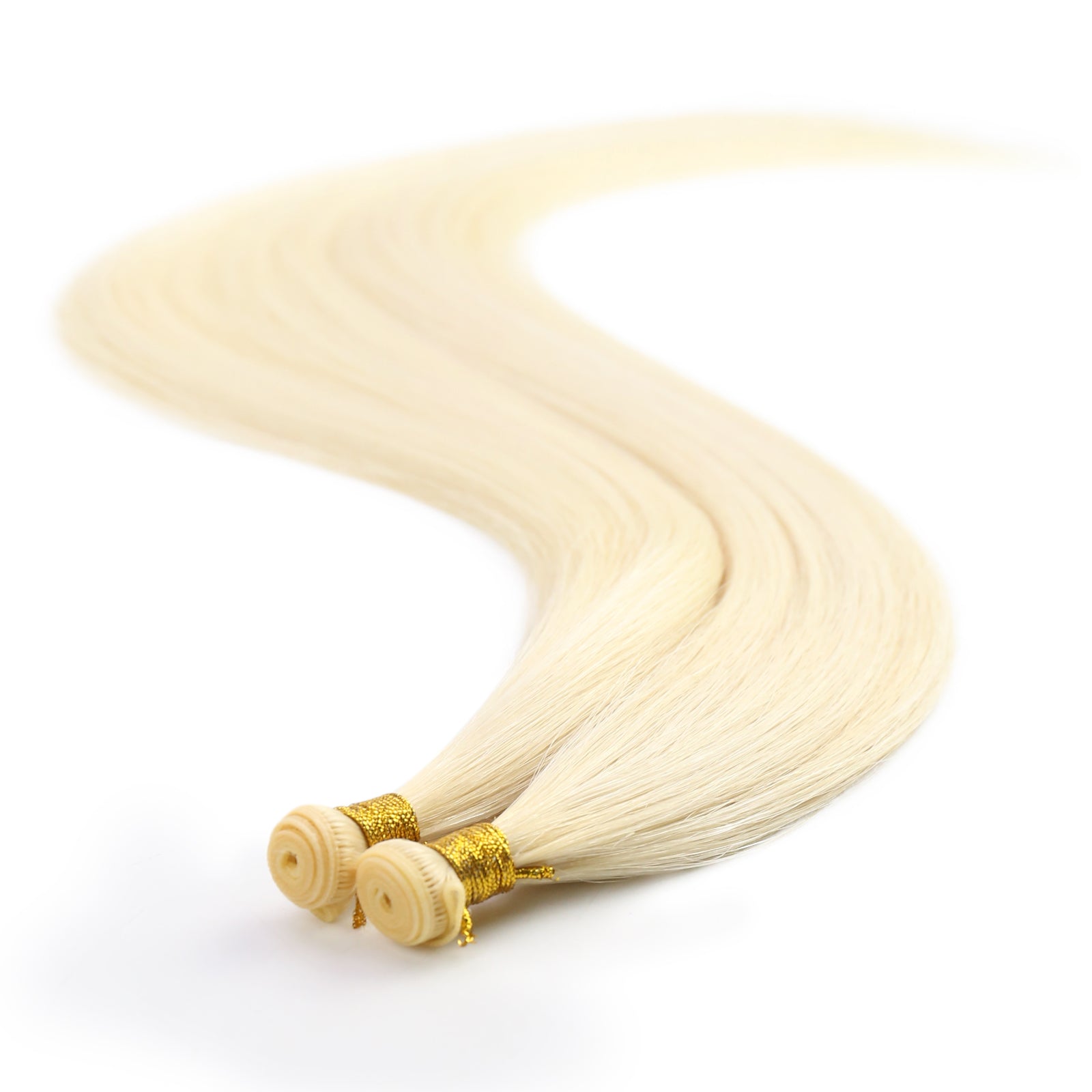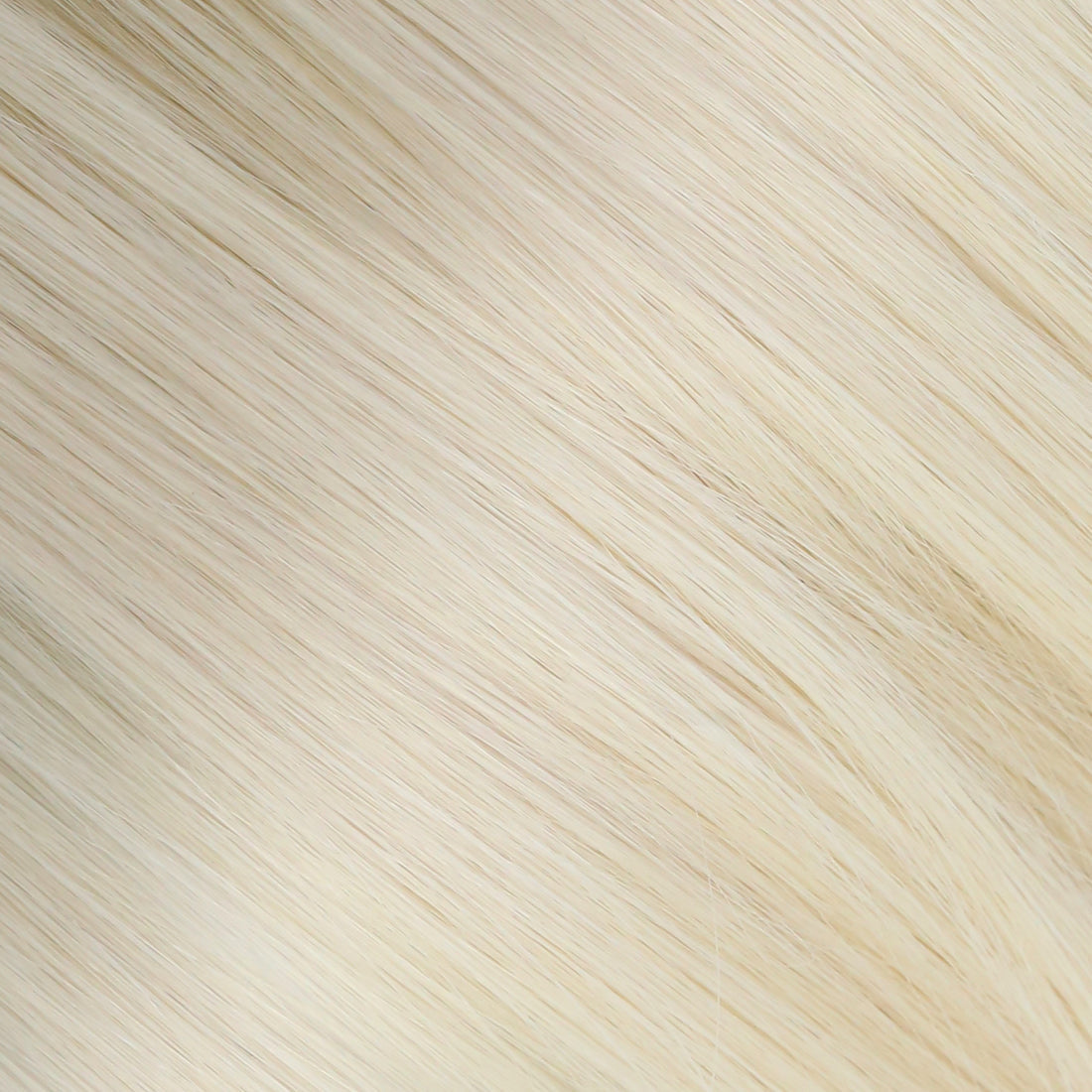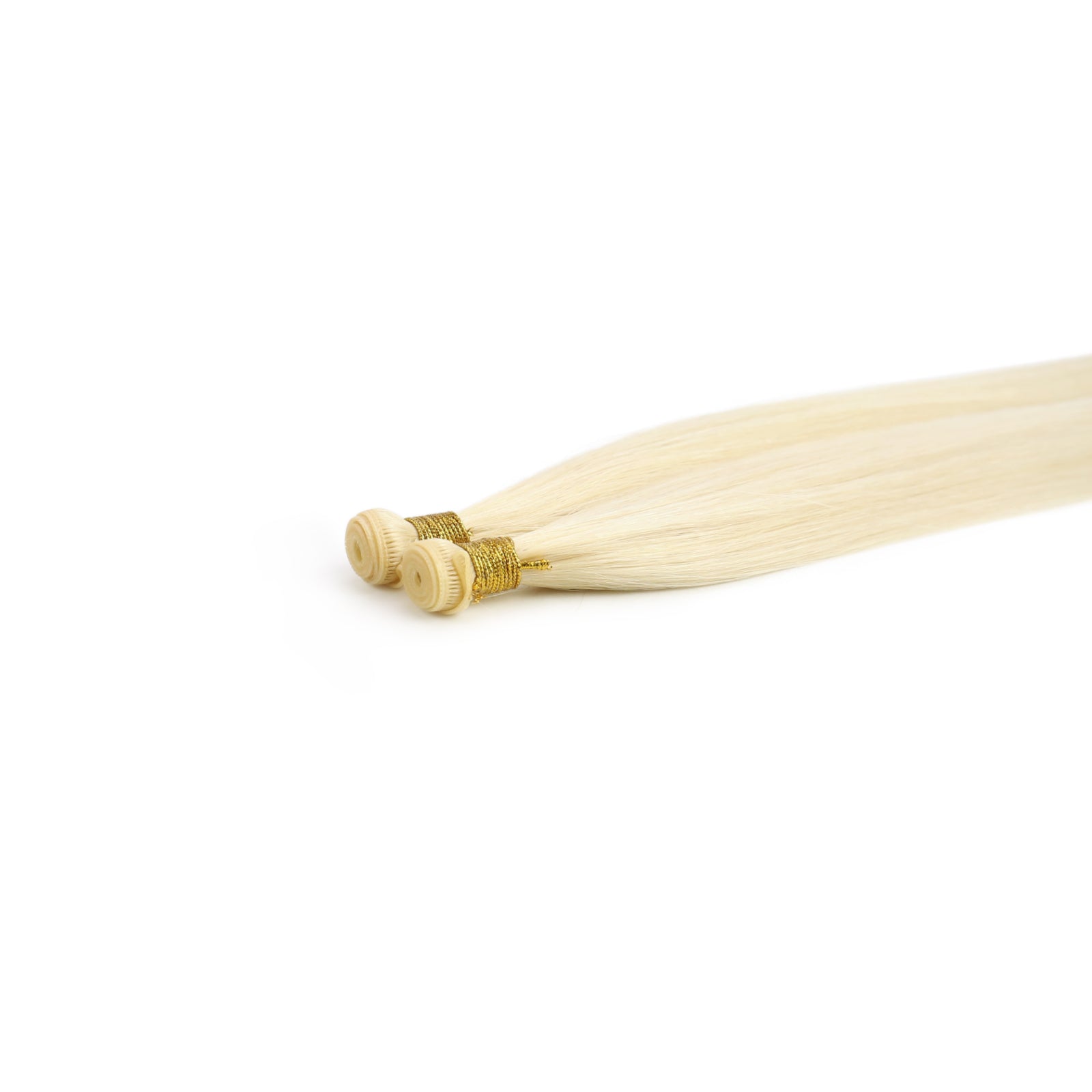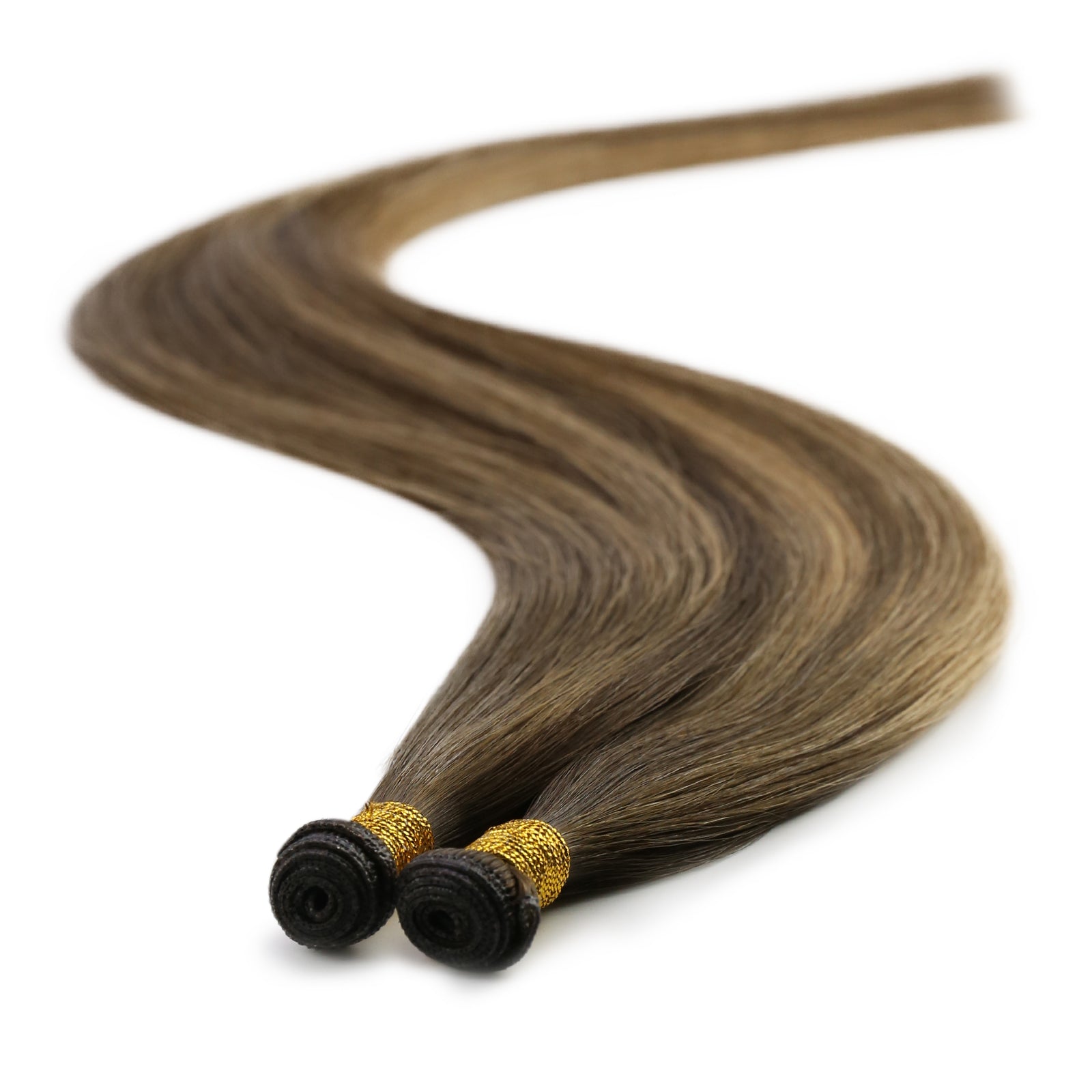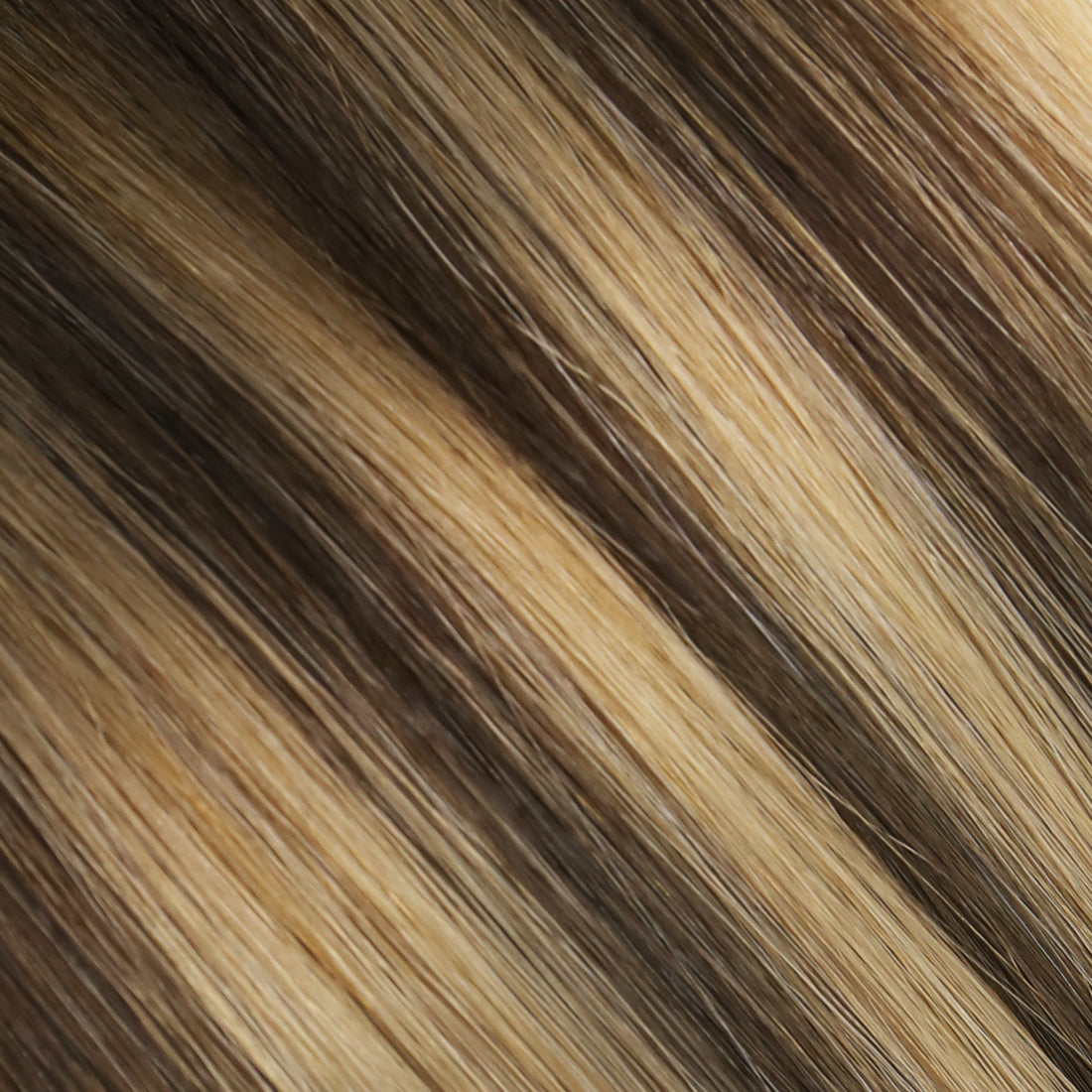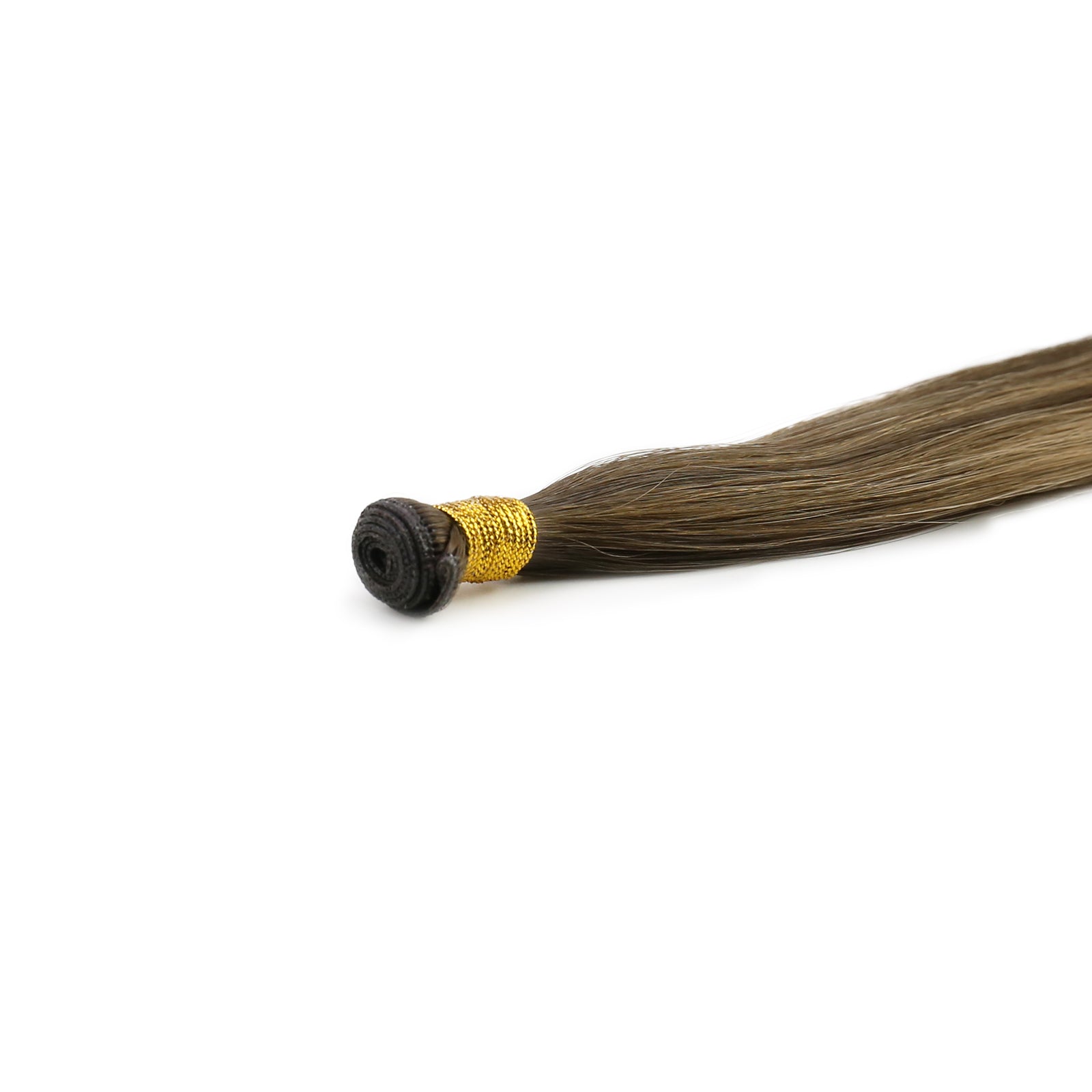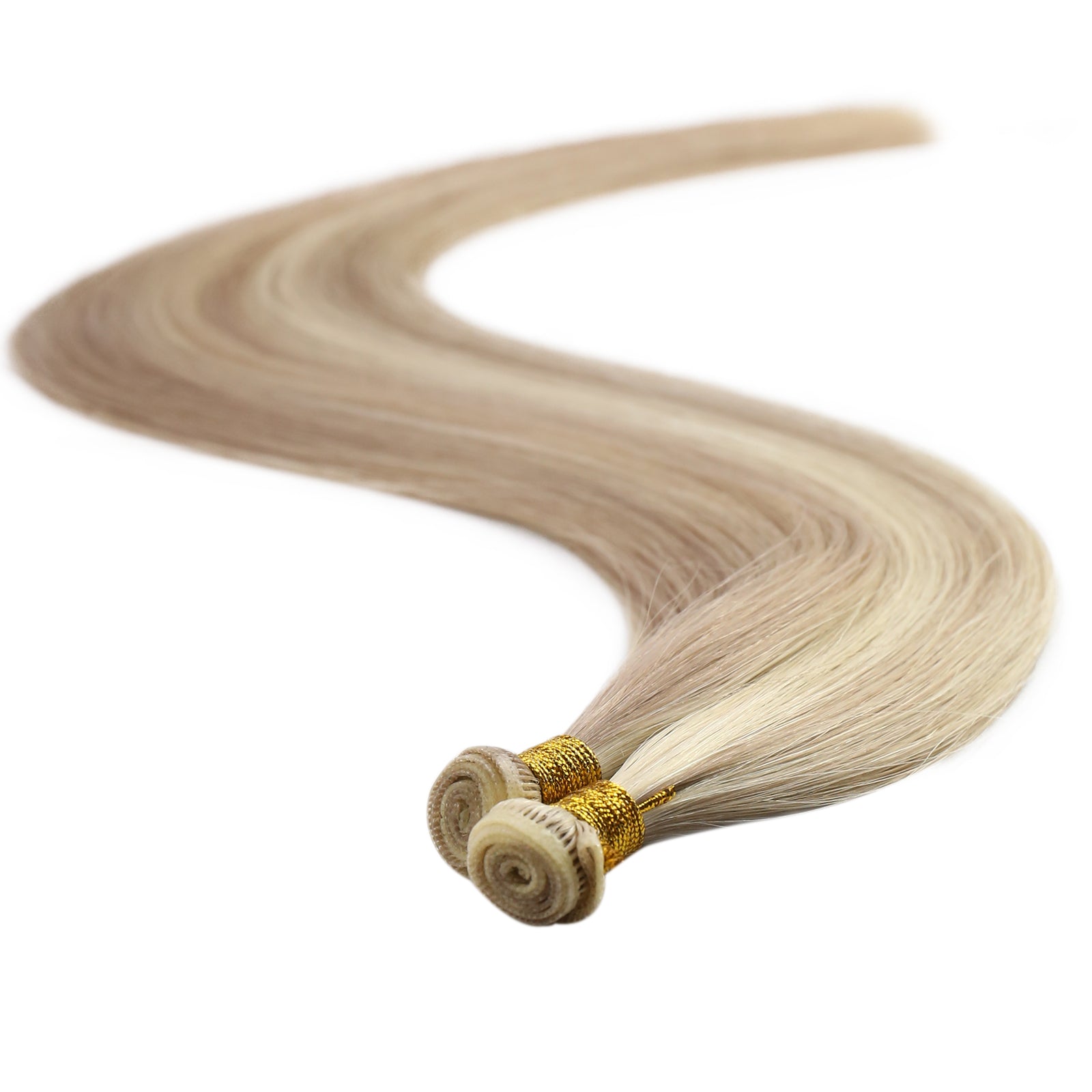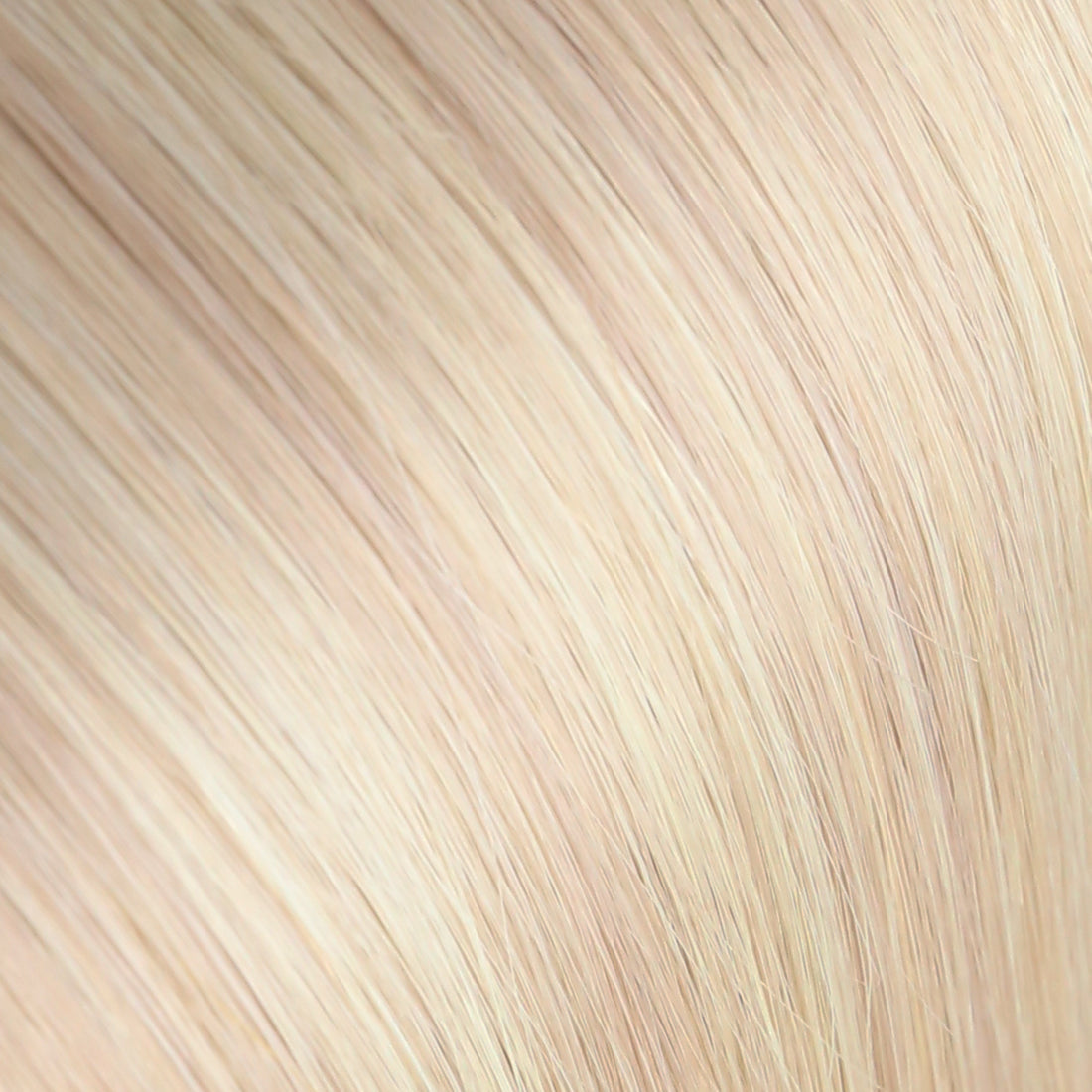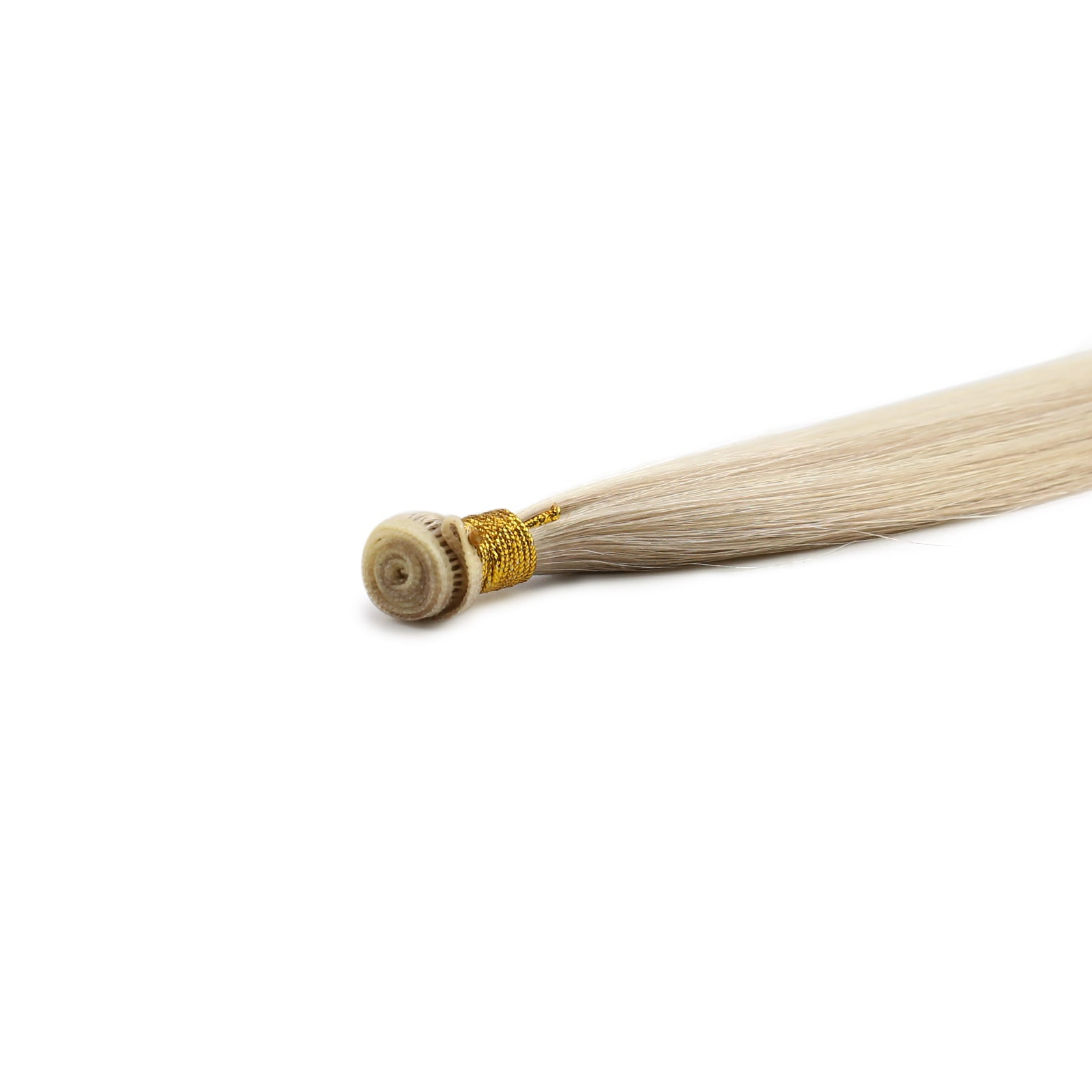In recent years, vaping has gained popularity as an alternative to traditional smoking. Its rise has been accompanied by numerous debates about its potential health effects. Among these concerns is the question: does vaping cause hair loss? This blog aims to delve into this issue, exploring the potential impact of vaping on hair health and offering solutions for those who may be experiencing hair loss.
Does Vaping Cause Hair Loss?
To address the central question: yes, vaping can potentially contribute to hair loss. While the research on vaping and its direct effects on hair health is still developing, existing evidence suggests that the ingredients in vape products, particularly nicotine, could play a role in hair thinning and loss. However, the extent and specific mechanisms through which vaping affects hair growth remain subjects for further study.

How Can Vaping Cause Hair Loss?
Although more research is needed to draw exact conclusions about vaping and hair loss, we can examine the components and effects of vaping that could lead to hair loss both directly and indirectly. Understanding these factors can help us better grasp the potential impact of vaping on hair health and why it might contribute to hair thinning.
- Nicotine: A primary ingredient in many vape liquids, nicotine is known to constrict blood vessels. This constriction can reduce blood flow to hair follicles, depriving them of essential nutrients and oxygen needed for healthy hair growth. Over time, this can weaken hair follicles, leading to hair thinning and loss.
-
Toxins and Chemicals: Vape liquids often contain a mixture of chemicals and toxins that are inhaled into the body. Some of these substances can cause oxidative stress, which damages cells, including those in hair follicles. This damage can impede the hair growth cycle, resulting in hair loss.
-
Dehydration: Vaping can lead to dehydration, which affects overall skin and hair health. Dry hair is more prone to breakage and can appear thinner and less healthy.
-
Hormonal Imbalance: Nicotine and other chemicals in vape liquids can disrupt hormonal balance. Hormones play a crucial role in hair growth, and any imbalance can negatively impact the hair growth cycle.
While these factors suggest a potential link between vaping and hair loss, individual responses can vary. Genetics, overall health, and lifestyle choices also play significant roles in determining hair health.

Will My Hair Grow Back If I Quit Vaping?
The good news for those concerned about hair loss due to vaping is that stopping the habit can potentially allow hair to regrow. However, this is not guaranteed, and several factors influence whether and how quickly hair will grow back.
-
Recovery of Blood Flow: Once nicotine intake stops, blood vessels can gradually return to their normal function, improving blood flow to hair follicles. This enhanced circulation can promote healthier hair growth.
-
Reduction in Oxidative Stress: Quitting vaping reduces the intake of harmful chemicals, thereby decreasing oxidative stress. This can help in the recovery of damaged hair follicles and support the natural hair growth cycle.
-
Improved Overall Health: Stopping vaping often leads to broader improvements in health, such as better hydration, enhanced nutrition absorption, and improved hormonal balance, all of which are beneficial for hair growth.
However, it’s important to note that hair regrowth depends on the extent of the damage and individual health factors. For some, hair may begin to regrow within a few months, while for others, it might take longer or may not fully recover. Patience and a comprehensive approach to health are key in this process.
How to Take Care of and Volumize Your Hair
Regardless of whether you are quitting vaping or looking to improve your hair health, several methods can help you care for and volumize your hair.
-
Healthy Diet: A diet rich in vitamins and minerals, particularly those known to support hair health such as biotin, zinc, and vitamins A, C, D, and E, is crucial, as vitamin deficiency can also causes hair loss. Thus, it's necessary to incorporate foods like eggs, nuts, leafy greens, and fish into your meals.
-
Proper Hair Care Routine: Use gentle, sulfate-free shampoos and conditioners. Avoid excessive heat styling, which can damage hair. Regularly trimming the ends can also help prevent split ends and breakage.
-
Hydration: Keep your body well-hydrated by drinking plenty of water. Hydration is key to maintaining healthy hair and skin.
-
Scalp Massage: Regular scalp massages can stimulate blood flow to the hair follicles, promoting hair growth. You can use natural oils such as coconut or olive oil for added nourishment.
-
Avoid Stress: High stress levels can contribute to hair loss. Engage in stress-reducing activities such as exercise, meditation, or hobbies you enjoy.
While these practices can improve your hair health and help you achieve voluminous hair, it’s important to remember that they require long-term commitment and consistency. Making these habits part of your daily routine will yield the best results. Additionally, quitting vaping, if possible, is crucial for the overall health of your hair and body. Taking these steps will help you maintain healthier, stronger, and more vibrant hair in the long run.

Quick Fix: Hair Extensions for Instant Volume and Length
For those seeking a quick solution to thin or damaged hair, hair extensions can be an effective and versatile option. Hair extensions come in various types, including clip-ins, tape-ins, sew-ins, K-tips, and I-tips, allowing for instant volume and length. Choosing the right type of extension depends on your needs, lifestyle, and how long you want them to last.
-
Clip-in Extensions: Easy to apply and remove, clip-in extensions are perfect for temporary use. They are less damaging to natural hair and can be a great way to add volume for special occasions or a quick style change. Clip-ins are ideal for beginners as they require no professional assistance and can be done at home.
-
Tape-in Extensions: These offer a more semi-permanent solution and can last several weeks with proper care. Tape-ins blend well with natural hair and provide a fuller look. They involve attaching sections of hair using a medical-grade adhesive tape, which lies flat against the scalp, making them virtually undetectable.
-
Sew-in Extensions: Also known as weaves, these are more permanent and can last for a few months. They are sewn into braided natural hair and provide significant volume and length. Sew-ins are suitable for those looking for a long-lasting solution and are especially popular among individuals with thick, coarse hair.
-
K-tip Extensions: Keratin-tip extensions, or K-tips, involve attaching small strands of hair using a keratin-based adhesive. The keratin tips are melted and bonded to the natural hair using a heat tool. This method provides a very natural look and can last for several months with proper care. K-tips are ideal for those seeking a long-term, low-maintenance solution.
-
I-tip Extensions: Also known as micro-bead extensions, I-tips involve attaching small sections of hair using tiny beads or rings. The natural hair is threaded through the beads along with the extension hair, and the beads are then clamped shut to hold the extensions in place. I-tips do not require heat or glue, making them a gentler option for the hair and scalp. They offer flexibility and can be reused, making them a cost-effective choice.
While hair extensions are a great way to achieve the desired look quickly, it’s essential to choose high-quality extensions and have them applied by a professional to avoid potential damage to natural hair. Investing in professional installation and maintenance ensures that your extensions look natural, blend seamlessly with your hair, and last longer. Proper care and regular maintenance can help you enjoy fuller, longer hair while protecting the health of your natural hair.

Seek Professional Help for Severe Hair Loss
If you are experiencing severe hair loss, it is advisable to consult with a healthcare professional or dermatologist. They can help determine the underlying causes of hair loss and recommend appropriate treatments. In some cases, medical conditions such as thyroid disorders, alopecia, or nutrient deficiencies might be contributing factors, and addressing these issues can significantly improve hair health.
Conclusion
In summary, while vaping has not been definitively proven to cause hair loss, the evidence suggests that it could contribute to hair thinning and damage. Nicotine and other chemicals in vape products can negatively affect hair health through various mechanisms. If you are experiencing hair loss, quitting vaping is a positive step toward improving your hair and overall health. Alongside quitting, adopting healthy lifestyle practices, using proper hair care routines, and considering immediate solutions like hair extensions can help you achieve and maintain voluminous, healthy hair. For severe hair loss, professional consultation is essential to address any underlying health issues effectively. Taking these steps can help you regain confidence in your hair and overall well-being.
